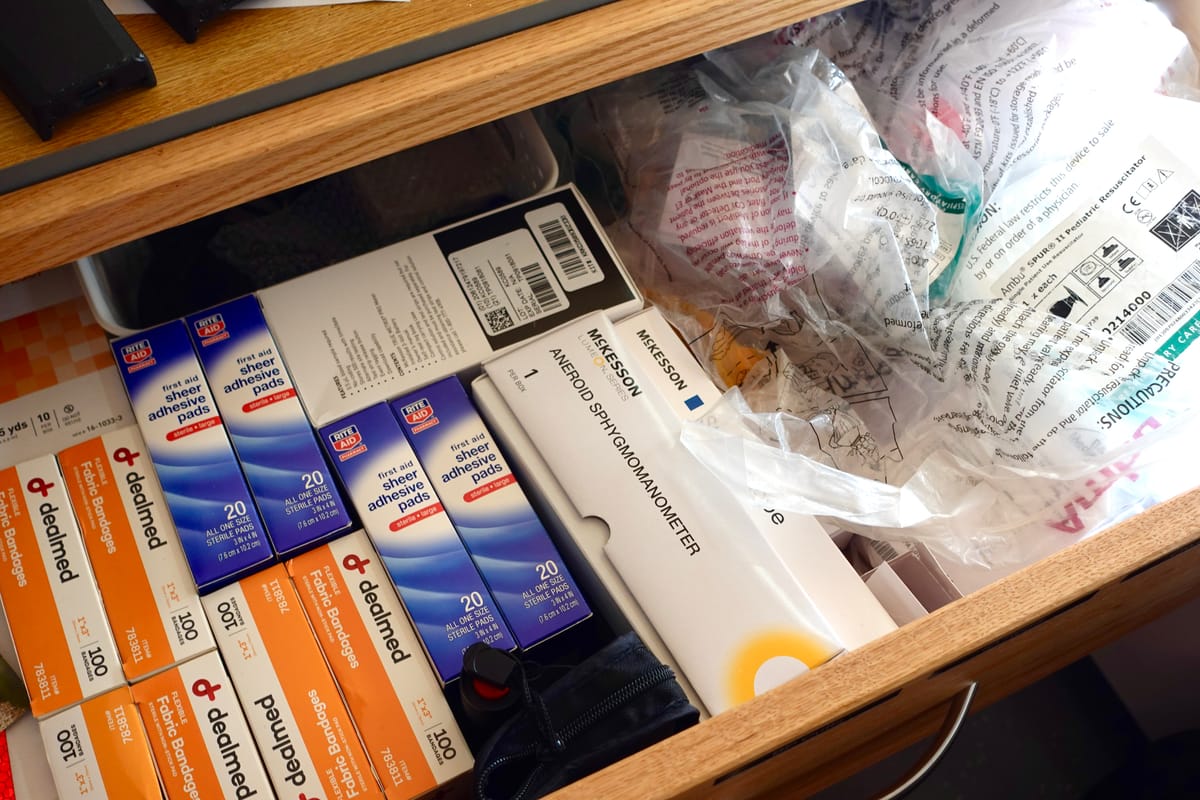Amherst College Emergency Services Undergoes Policy Changes
Due to changes to Massachusetts state law, students working for ACEMS will now operate as first responders instead of their previous classification as EMTs, and the medications that they are allowed to administer are limited.

In compliance with Massachusetts state law, 105 Code of Massachusetts Regulation (CMR) 170.00, Amherst College Emergency Medical Services (ACEMS) is undergoing changes that will limit the medications it is allowed to administer and now classify members as first responders.
ACEMS is no longer allowed to administer medications, including epinephrine, aspirin, or glucose. It will now have to coordinate with the Amherst Fire Department (AFD) and the Amherst College Police Department (ACPD) to obtain these medications.
Previously, students on ACEMS operated as Emergency Medical Technicians (EMT). Now, they will run as first responders. “We were told that due to state protocols, we could no longer run as emergency medical technicians, and we’re required to run as first responders instead, which is largely just a change in label,” said Hannah Feng ’28, ACEMS’ director of inventory and finance.
The purpose of 105 CMR 170.00 is to establish “standards for EMS vehicles and equipment, and standards to ensure safe, adequate transport to an appropriate health care facility in the shortest practicable time,” according to the Massachusetts government website.
“In order for the college to have a student-based EMT squad, according to state law, one of the main requirements we would [need] to have [is] an on-site, campus-owned, official ambulance, with various other requirements as well,” said Director of Community Safety Robert Johnson.
Previously, ACEMS was able to bypass this and run as EMTs due to a legal waiver in conjunction with AFD and Cooley Dickinson Hospital. An email from the ACEMS board to members of ACEMS on Aug. 25 stated that the waiver has now expired and cannot be renewed. If a situation requires an ambulance, AFD is dispatched to assist ACEMS in providing transportation to the local Cooley Dickinson Hospital, per usual.
The ACEMS board first learned of these changes towards the end of the summer in an Aug. 6th email from the administration. “[They] told us that they had been working really hard to keep ACEMS in service, and we’re really appreciative of the work that they were able to do in that regard,” added Feng.
Aimee Sinsel ’26, ACEMS’ director of operations, emphasized that most calls do not require medicine to be administered. “We had around 300 calls last year, and we only gave epinephrine twice, and we honestly gave aspirin and glucose less than that.”
In a written statement to The Student, the ACEMS board emphasized its commitment to patient care: “The entire squad will remain trained at the EMT-B level, and we will still be requiring medical competency at that level for all our members.”
“We have been working closely with [the] administration and [Director of Health Services] Emily Jones throughout this process, and we want to ensure that the student body remains confident in calling ACEMS and our ability to provide medical care on campus,” added Sinsel and Nina Aagaard ’26, ACEMS’ director of business and administration. Jones is the medical director at Keefe Health Center and reviews ACEMS patient care reports, which include information like time of response, location of emergency, general impression of the patient, and more.
According to ACEMS board members, these appear to be substantive changes, but ACEMS will largely operate the same. “ACEMS is still ACEMS. We’re still students, and we’re still EMT certified,” reassured Feng. “Legally, we’re not running as EMTs, but our education level is still the exact same.”



Comments ()